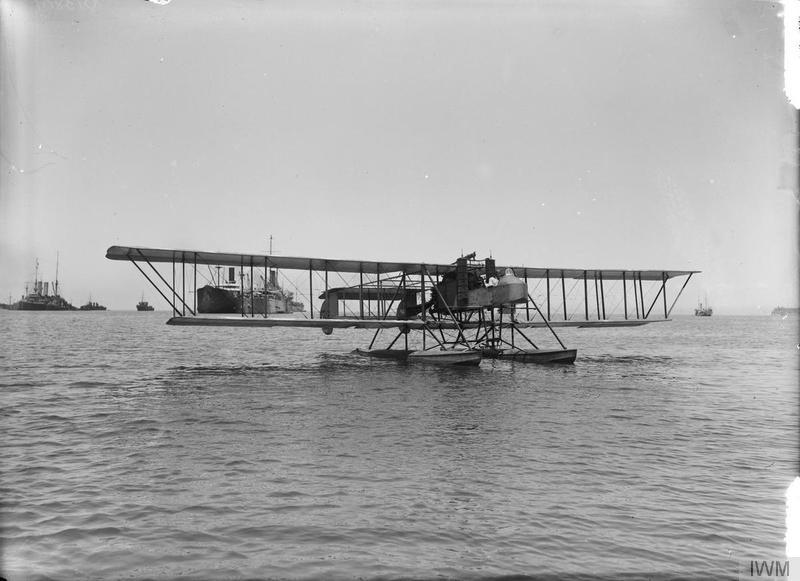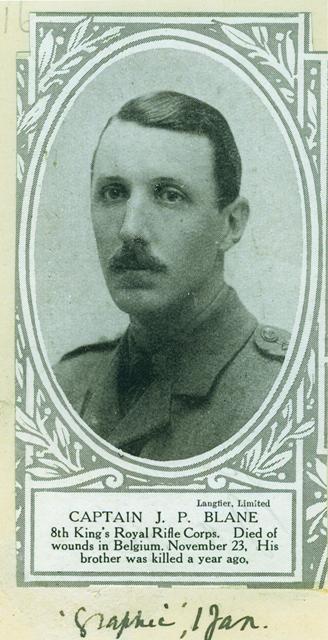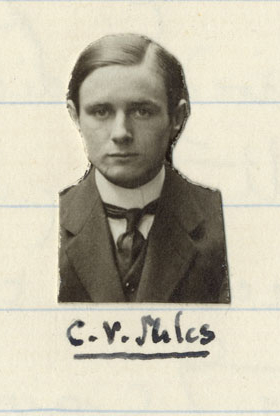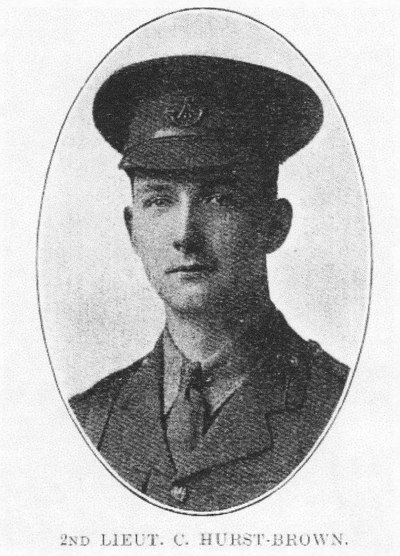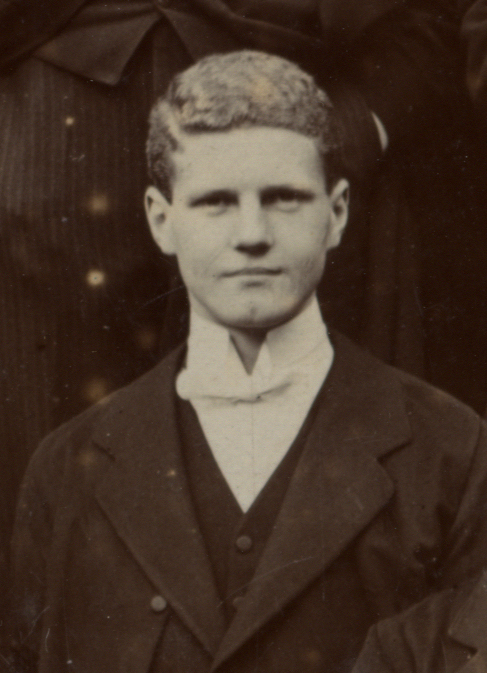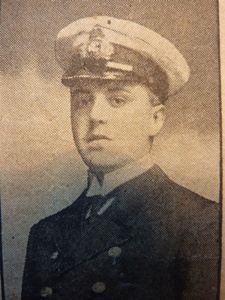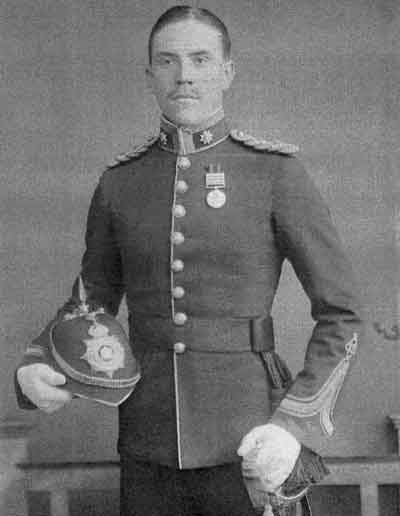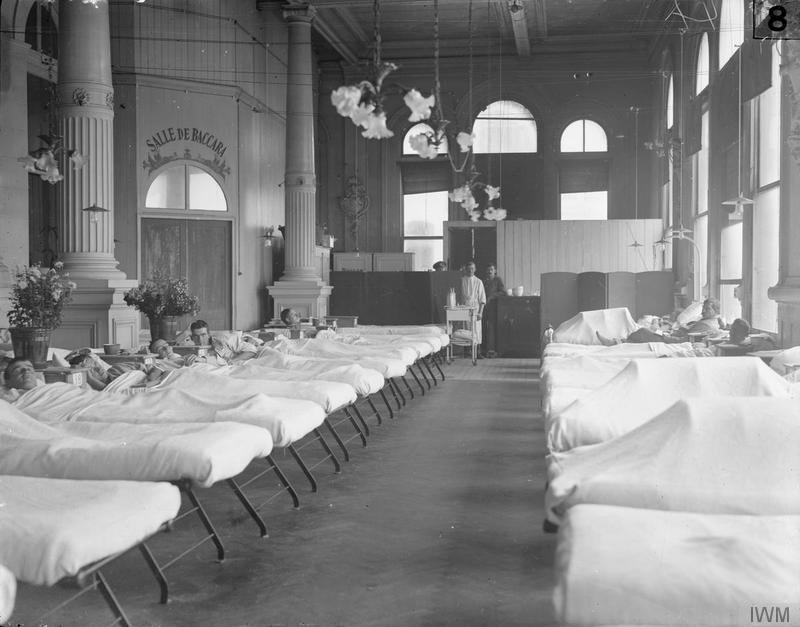Frank Besson
Frank Besson attended Westminster Schoolfrom May 1910 to Christmas 1914 in Rigaud’s House. He was successful at school, taking part in cricket, football, gymnastics – where he made up ‘in strength and energy for what he lacks in style’,and athletics, excelling particularly in the latter. His performances, particularly as a short-distance runner, helped Rigaud’s to win Athletic Sports two years running.
His obituary in The Elizabethan noted that ‘he possessed boundless energy and the divine gift of enthusiasm. His tastes were all for mechanical science and adventure, and before the war he had already designed to join the Air Service.’
Indeed just before leaving the school, on 12th December 1914, Frank addressed the school’s Scientific Society on ‘Theories of Aviation’. A review of his talk noted that ‘he explained the various laws which govern the science of Flight, illustrating his points with experiments on the bench. He thus demonstrated very clearly a thing which many of his hearers perhaps did not know before, namely, why and how a heavier than-air body like an aeroplane will support itself in a less dense medium.’
After training as a pilot Frank served at Dunkirk in August 1915 before going out to the Dardanelles. Hedrowned off the Gallipoli Peninsula whilst on reconnaissancepatrol when his aircraft was brought down into the sea by the enemy. His death was not confirmed until April, when his observer, who had been captured by the enemy forces, was able to get word back to his family.
